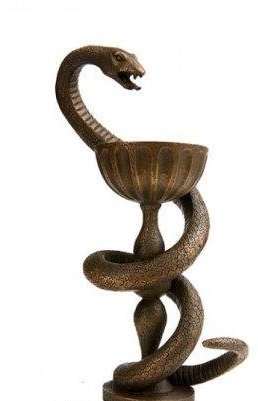Introduction – Description
Crohns Disease is a disease of the gut. It was named after Dr. Crohn in the 1930’s after he first described the disease. It can affect any part in one or more places although it affects the ileum (the final section of the gut) in around half of all cases.
It affects approximately 1 in 1500 people, affecting slightly more women than men with the age group predominantly affected by Crohns Disease being more affected.
Crohns Disease is also a chronic disease which means that it is persistent. Once you have it, you will always have it. The symptoms may vary over time in their severity.
What Causes Crohns Disease
It is now known exactly causes Crohns Disease. There appears to be enough evidence that it could possibly be inherited as about 1 in 10 sufferers have a relative who has also suffered from this condition. The evidence isn’t absolute, but of certain degree to be significant.
It is possible that some people may be genetically predisposed to suffer from Crohns Disease although it needs some kind of germ to trigger it. The theory is that the germ triggers the immune system to cause inflammation of the gut. Interestingly, Crohns disease has become more common in recent times. The reason for this is unknown, however, smokers and women who use a combined contraceptive pill are at higher risk.
The Symptoms of Crohns Disease
The symptoms of Crohns Disease are different dependant upon which part of the gut is affected and to what degree.
The pain is normally located in the area where the inflammation is. Using the example of the inflammation being in the ileum, then the area of pain would be on the lower right side of the abdomen.
Ulcers may develop which affect the raw area of the lining of the gut.
Diarrhoea may be mixed with mucus or blood. What is common is the feeling of wanting to go to the toilet but when you get there, of not having anything to pass.
Some general feeling of being unwell with a loss of appetite, fever and tiredness.
If you lose a lot of blood, then you may suffer from anemia
Mouth ulcers are common
Painful cracks in the skin of the anus called anal fissures.
Treatment of Crohns Disease
As we don’t know the cause of Crohns Disease, it is only possible to treat the symptoms. Some common treatments are as follows.
Drugs can be given which will firm up the stools.
Antibiotics can be given to fight any infection
Acute inflammation is normally treated via application directly up the back passage using various drugs such as corticosteriods.
There may be some surgery required to fix damaged portions of the bowel or to remove obstructions. The problems with surgery though is that it normally causes the Crohns Disease to flare up again.

